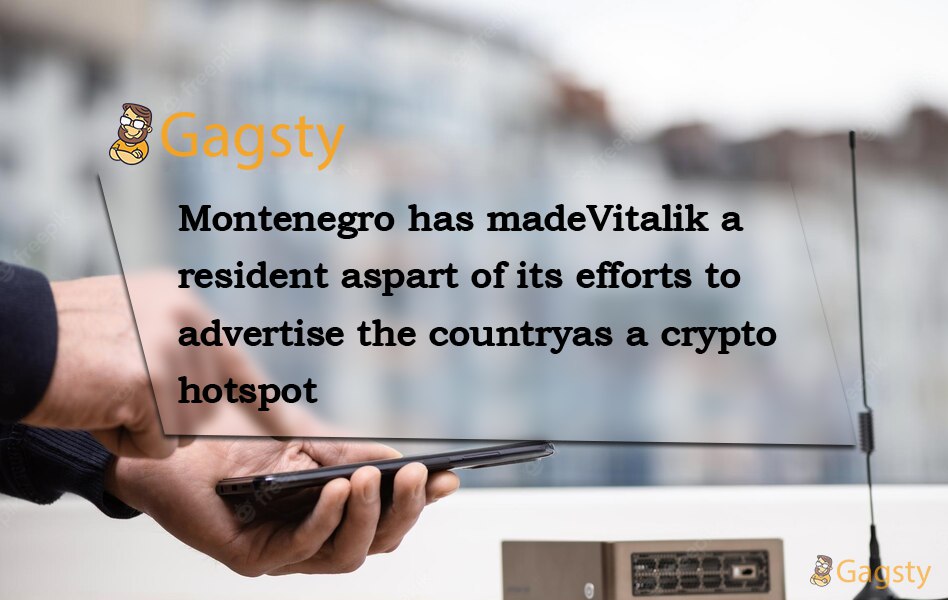
By awarding citizenship to Ethereum plc, the minor southeastern European nation is starting to sift thru the muddy seas of crypto legislation.
The Montenegrin federal cabinet made Ethereum developer Vitalik Buterin its latest member as part of its ambition to be a hotspot for data innovation.
Prime Minister Zdravko Krivokapi proposed Buterin for the honour to support the southern European nation to boost its ambitions of becoming a blockchain pioneer company, according to Montenegrin news site RTCB.
Although there appears to be no public notification, Finance and Social Welfare Minister Milojko Spaji shared this with Buterin when he got his passport.
On April 7, Minister Spaji hosted the Ethereum (ETH) plc at the Future Now! Discussion panel in Montenegro. Buterin, Ethereum scientist Vlad Zamfir, University of Memphis Law professor Boris Mamlyk, and Minister Spaji were among the panellists who discussed the legitimacy of cryptocurrency identification, cryptographic protocols in administration, and other issues.
According to local news site Mina, Buterin Prime Minister Krivokapi, and numerous other political figures met on April 4 to explore Montenegro’s choices in the crypto market. One of the most crucial points raised was how to control cryptocurrency for its residents.
Minister Spaji noted that while he would like his country to be tougher on offenders in the sector, he believes that fairness would help to boost development and “eliminate the gray sector in all domains.” He continued, “Montenegro aspires to be a hub of bitcoin digitalization, emphasizing all of the benefits of a legal business with favorable rules.”
The government of Montenegro is now delving into the complex regulatory interferences that come with incorporating blockchains into its multiple frameworks.
The presenters at Tomorrow Now! Particular subject on how people can actually build a network using crypto and officially validate their existence and secure themselves from identity fraud. Highly autonomous communities might provide DAO tokens for users to validate their membership while maintaining their confidentiality, according to Mamlyk. Buterin, on the other hand, stated that “there is no miraculous one-line concept” for dealing with flawed individuals.
Buterin responded to Wyoming, which recognises DAOs as legitimate organizations, when questioned if Montenegro should allow corporations to incorporate as DAOs. He believes that implementing a decentralized government in this way is a “good starting point” and “a great way to start” for Montenegro.
Leave a Reply